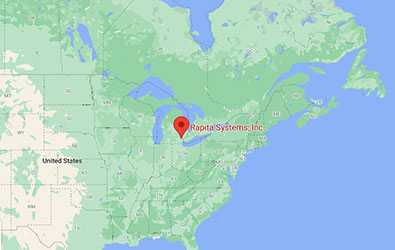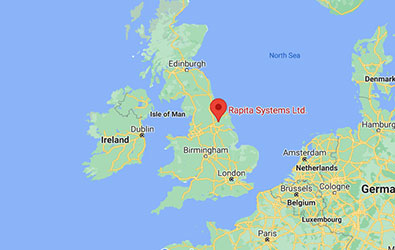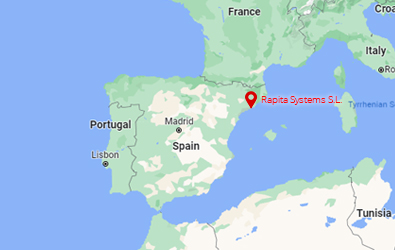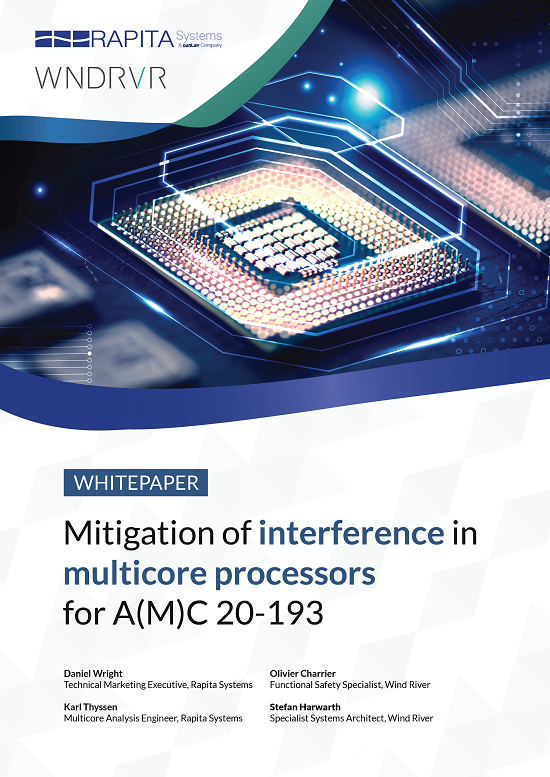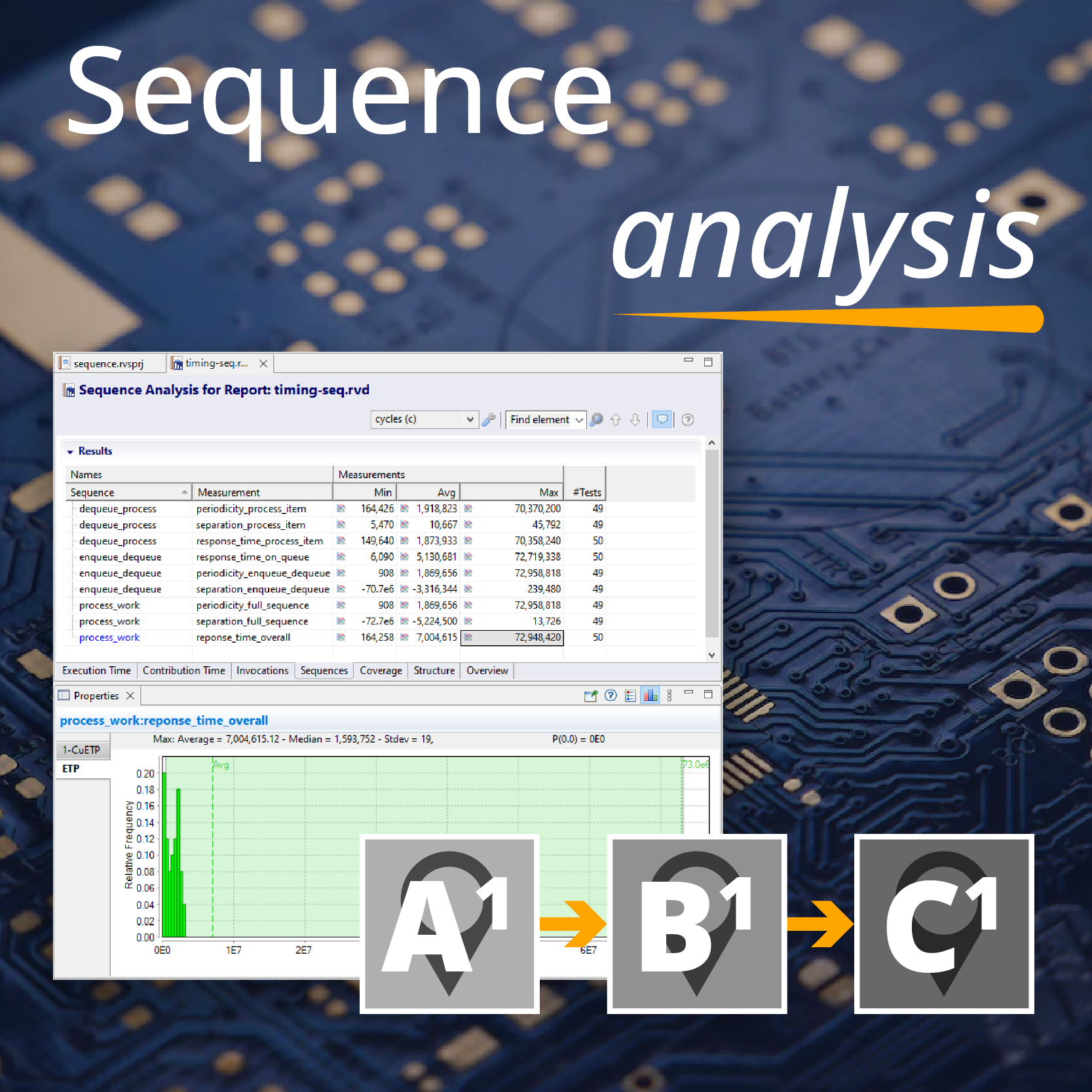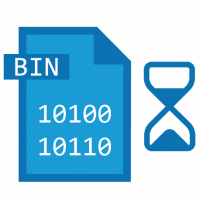The execution time of a piece of code (say an RTOS task) is the amount of time that the processor spends executing that code.
Execution time must exclude any time spent doing "other things" such as handling interrupts and, in the case of RTOS-based systems, executing other tasks.
The concept is different to elapsed or "wall clock time". This measures how long the task takes from beginning to end, ignoring internal issues like context switches and interrupts. Yet another name for elapsed time is "response time".
It's much easier to measure elapsed time: you simply record the difference between the start time and the end time of the task.
Effective execution time measurement relies on the accurate exclusion of time ''not spent'' executing the task. How we do this exactly depends on:
- how the execution time is measured
- the architecture of the processor, and how interrupts are handled by it
- what RTOS is used (if any), and how context switches work

 Hybrid electric pioneers, Ascendance, join Rapita Systems Trailblazer Partnership Program
Hybrid electric pioneers, Ascendance, join Rapita Systems Trailblazer Partnership Program
 Magline joins Rapita Trailblazer Partnership Program to support DO-178 Certification
Magline joins Rapita Trailblazer Partnership Program to support DO-178 Certification
 Eve Air Mobility joins Rapita Systems Trailblazer Partnership Program for eVTOL projects
Eve Air Mobility joins Rapita Systems Trailblazer Partnership Program for eVTOL projects
 How to certify multicore processors - what is everyone asking?
How to certify multicore processors - what is everyone asking?
 Data Coupling Basics in DO-178C
Data Coupling Basics in DO-178C
 Control Coupling Basics in DO-178C
Control Coupling Basics in DO-178C
 Components in Data Coupling and Control Coupling
Components in Data Coupling and Control Coupling
 DO-278A Guidance: Introduction to RTCA DO-278 approval
DO-278A Guidance: Introduction to RTCA DO-278 approval
 ISO 26262
ISO 26262
 Data Coupling & Control Coupling
Data Coupling & Control Coupling
 Verifying additional code for DO-178C
Verifying additional code for DO-178C
 DO-178C Multicore In-person Training (Bristol)
DO-178C Multicore In-person Training (Bristol)
 DO-178C Multicore In-person Training (Fort Worth, TX)
DO-178C Multicore In-person Training (Fort Worth, TX)
 DO-178C Multicore In-person Training (Toulouse)
DO-178C Multicore In-person Training (Toulouse)










